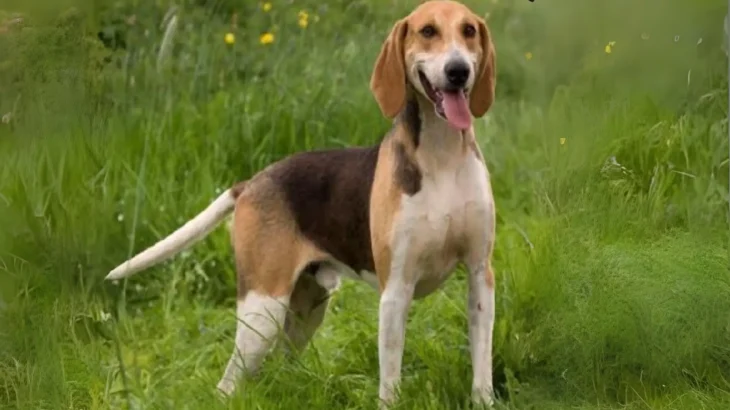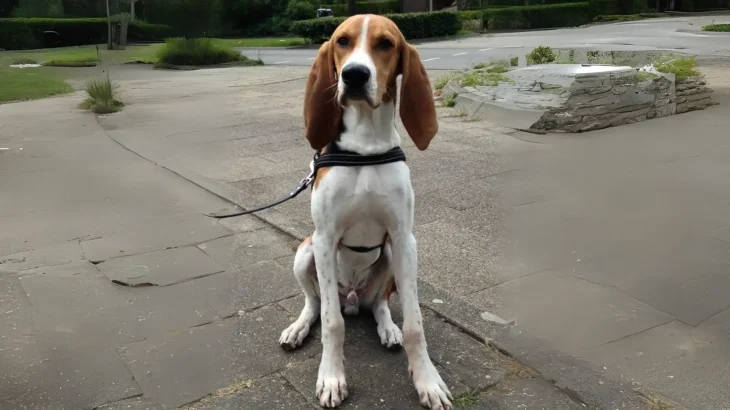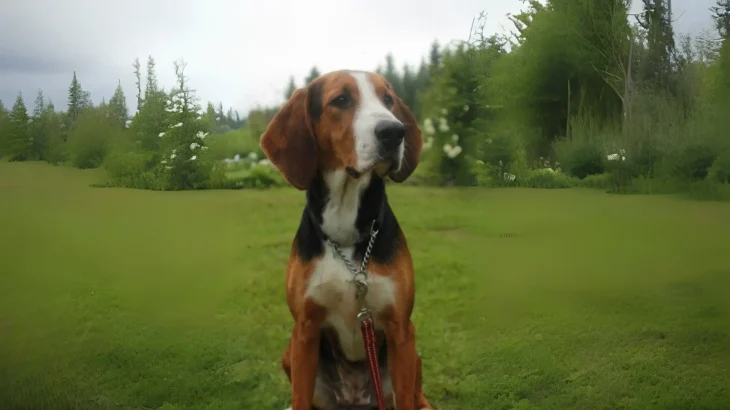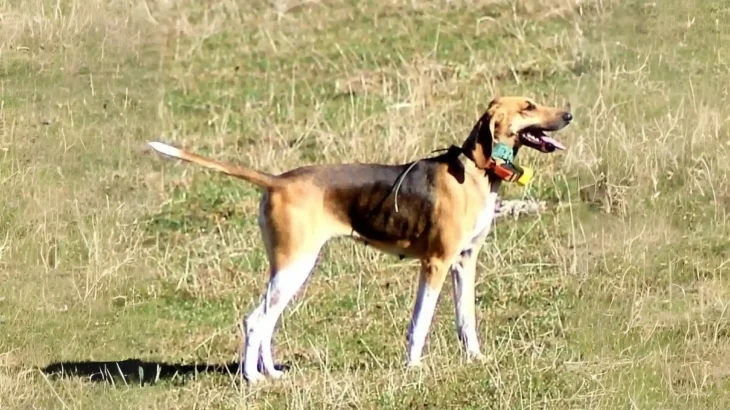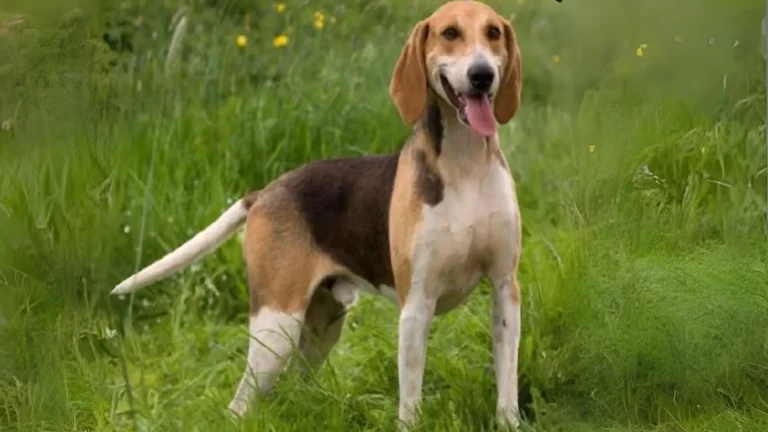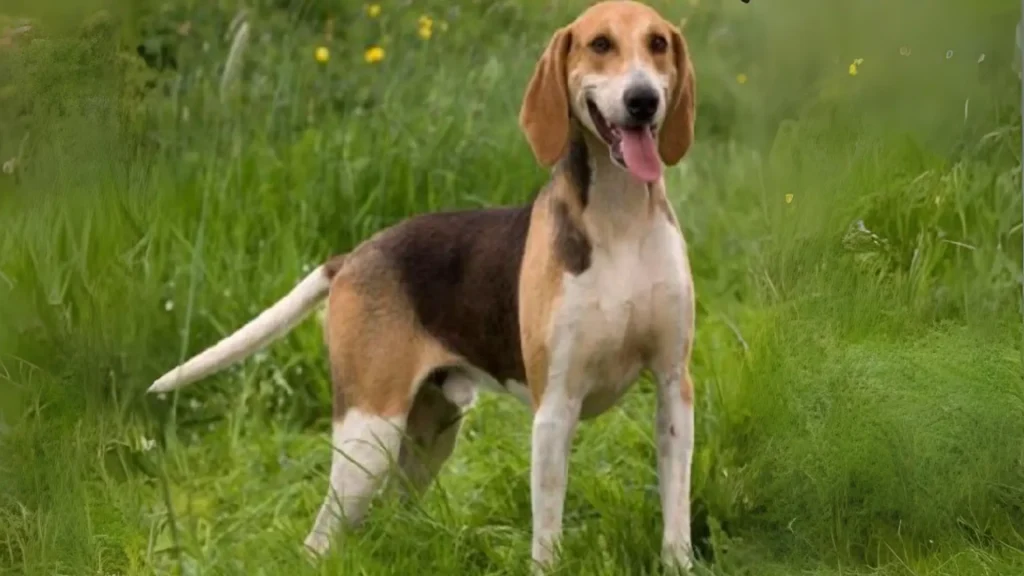Deciding whether to adopt or purchase an Anglo-Françaises de Petite Vînerie puppy involves weighing factors like health transparency and lineage against the opportunity to provide a home to a dog in need. Buying from a breeder typically offers clearer insight into the puppy's pedigree and health background, while adoption emphasizes giving a loving home to a dog with potentially less documentation but equal affection.
| Criteria | Buying from Breeder | Adopting from Shelter/Rescue |
|---|---|---|
| Cost | Typically higher, reflecting purebred status and breeder care. | Lower fees, often covering basic medical care and spay/neuter. |
| Health History | Detailed records and genetic screening usually available. | Often limited or unknown, though basic health checks are done. |
| Age Availability | Mostly puppies, allowing early bonding and training. | Varied ages, including adults who may be trained. |
| Temperament Insight | Breeders can inform about lineage temperament traits. | Behavioral traits observed but background often unclear. |
| Supporting Practices | Supports selective breeding; ensure breeder ethics. | Supports animal welfare by giving homes to dogs in need. |
| Breed Purity & Pedigree | Purity assured with registration and pedigree documents. | May lack guaranteed breed purity or official papers. |

